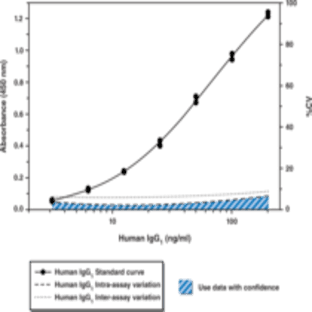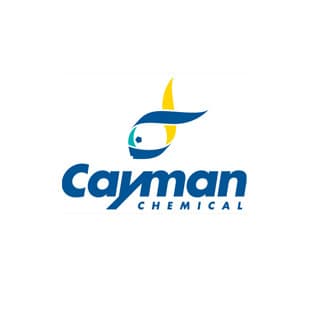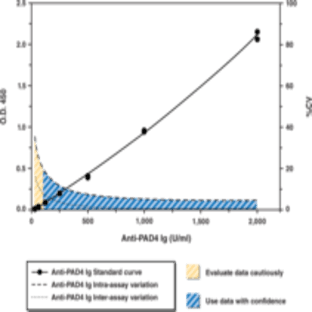
Supplier:
Cayman Chemical CompanyCat no: 13915
Caspase-9 (carboxy-terminal divergent) Polyclonal Antibody
Prices direct from Cayman Chemical Company
Quick response times
Exclusive Biosave savings/discounts
SPECIFICATIONS
Catalog Number
13915
Applications
WB
Hosts
Rabbit
Form
1 ea
P Type
Antibodies|Intracellular Signaling
Weight
0
Antigen
mixture of synthetic peptides corresponding to rat caspase-9 amino acids 345-359 and 366-383
Storage Temp
-20
Shipping Temp
-20
Additional Info
Caspase-9 and Apaf-1 bind to each other, which leads to caspase activation. Activated caspase-9 cleaves and activates caspase-3, one of the key proteases responsible for the proteolytic cleavage of many proteins in apoptosis. Caspase-9 plays a central role in cell death induced by a wide variety of apoptosis inducers including TNFa, TRAIL, anti-CD95, FADD, and TRADD. Caspase-9 is expressed in a variety of human tissues. Recently, a novel isoform of rat caspase-9 has been identified in which the C-terminus of full-length caspase-9 is replaced with an alternative peptide sequence. This protein, called Caspase-9 (CTD) (where CTD is carboxyl-terminal divergent) is expressed in multiple tissues, with the relative highest levels observed in ovary and heart. The variant C-terminus of CTD in rat is derived from an alternative exon of the rat caspase-9 gene. CTD was found primarily in the cytoplasm and was not detected in the nucleus. CTD proenzyme is not processed in the cells and lacks apoptotic activity. The CTD-transfected cells are resistant to caspase induction by cytochrome c, suggesting the CTD acts as a dominant-negative variant.
Applications
ELISA, IF, IP, WB
Hosts
Rabbit
Applications
ELISA, IP, WB
Hosts
Rabbit
Latest promotions
Spend less time on DNA cleanup so you can do more science. The MSB Spin PCRapace is the fastest way to purify your DNA from PCR, restriction digestion, and...
New brilliant antibodies, and new lower prices!For flow cytometry reagents in general, \"bright is better.\" The violet-excitable BD Horizon™ BV421 and...
As an incentive to qualify our BSA, we are offering a 20% discount when you purchase your first 100g, 500g or 1000g of any grade of Bovine Serum Albumin....
It is not every day that you are given something for nothing. We are giving away additional spectrophotometer software.Cecil Instruments have enhanced the...
For the past decade scientists have extensively used ATS secondary toxin conjugates to make their own targeted toxins for in vitro use.The ability to combine...
We're so sure that you'll prefer Cayman Assay kits over your present brand that we're willing to give you a free assay kit to prove it!
10% Discount on 2 Rabbit Polyclonal Antibody Service. With over 20 years experience, SDIX has developed into the premier US custom antibody producer,...
Did your supplier increase the price of Fetal Bovine Serum? Did they substitute the US Origin with USDA? Well say no more! Innovative Research is still...
Bulk Cytokines with Custom Vialing.20 - 50% off cytokines, growth factors, chemokines and more...For a limited time Cell Sciences is offering substantial...
Jenway’s 73 series spectrophotometer range provides four models with a narrow spectral bandwidth of 5nm and an absorbance range of –0.3 to 2.5A,...
Are you planning to have a customised antibody made for your research?Since 2000, Everest has been producing a catalog containing thousands of affinity...
Top suppliers
United States Biological
230753 products
Carl Zeiss Microscopy
27 products
Promega Corporation
11 products
Panasonic Healthcare Company
5 products
Life Technologies
1 products
Nikon Instruments Europe
11 products
Olympus Europa Holding GmbH
3 products
Leica Microsystems, Inc.
10 products
GE Healthcare Life Sciences
2 products
Tecan Trading AG
19 products
Beckman Coulter, Inc.
1 products
AB SCIEX
3 products
BD (Becton, Dickinson and Company)
1 products
RANDOX TOXICOLOGY
5 products
Randox Food Diagnostics
6 products
























